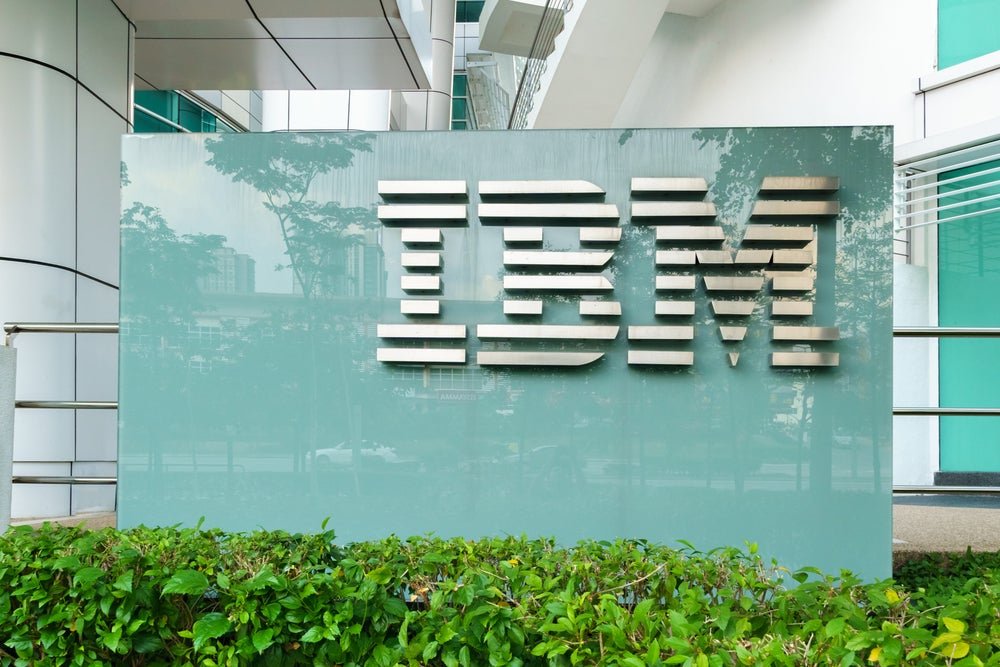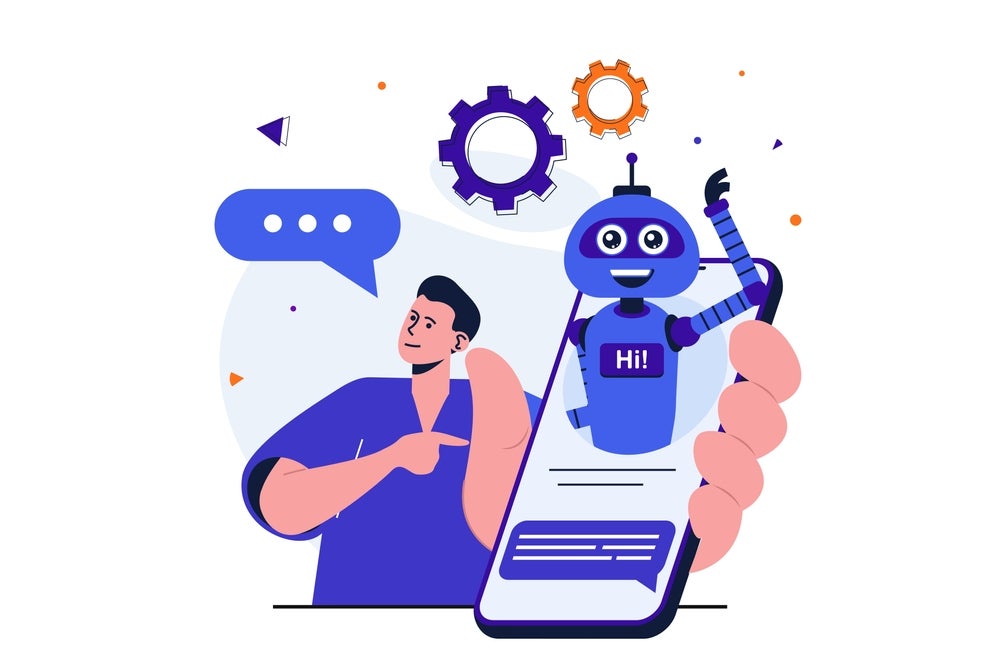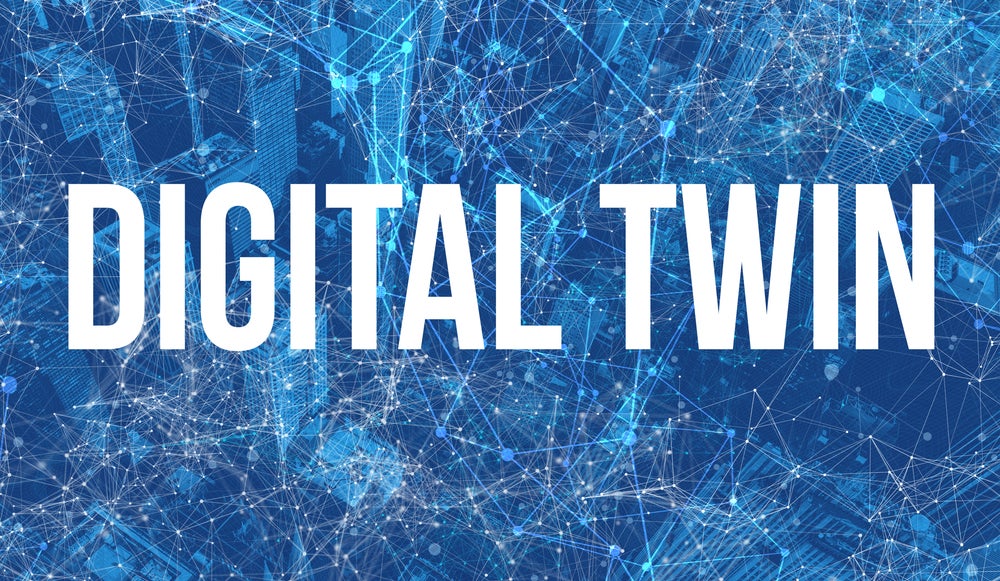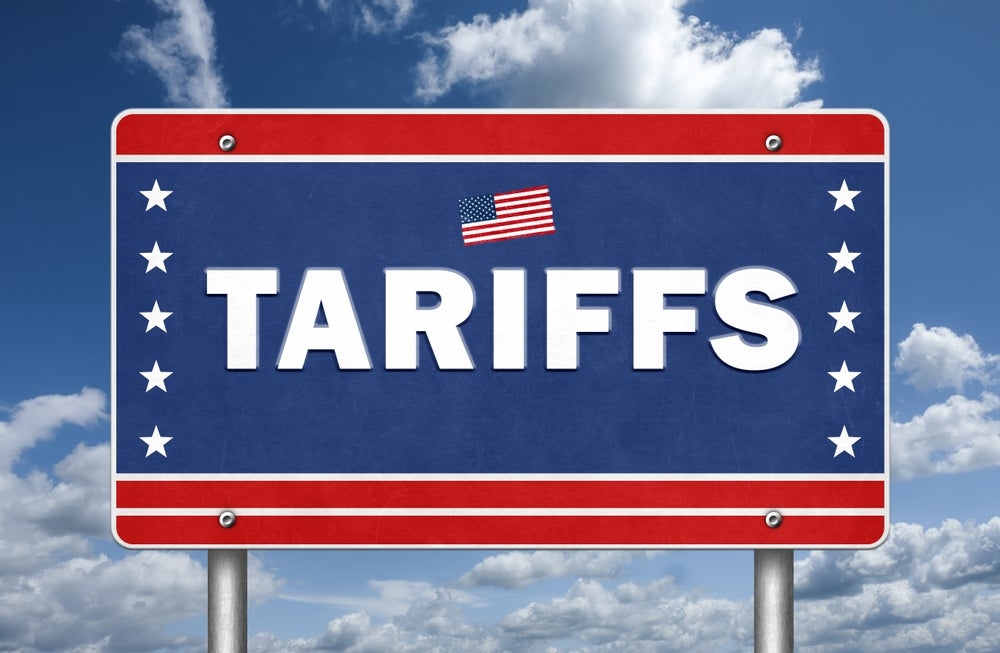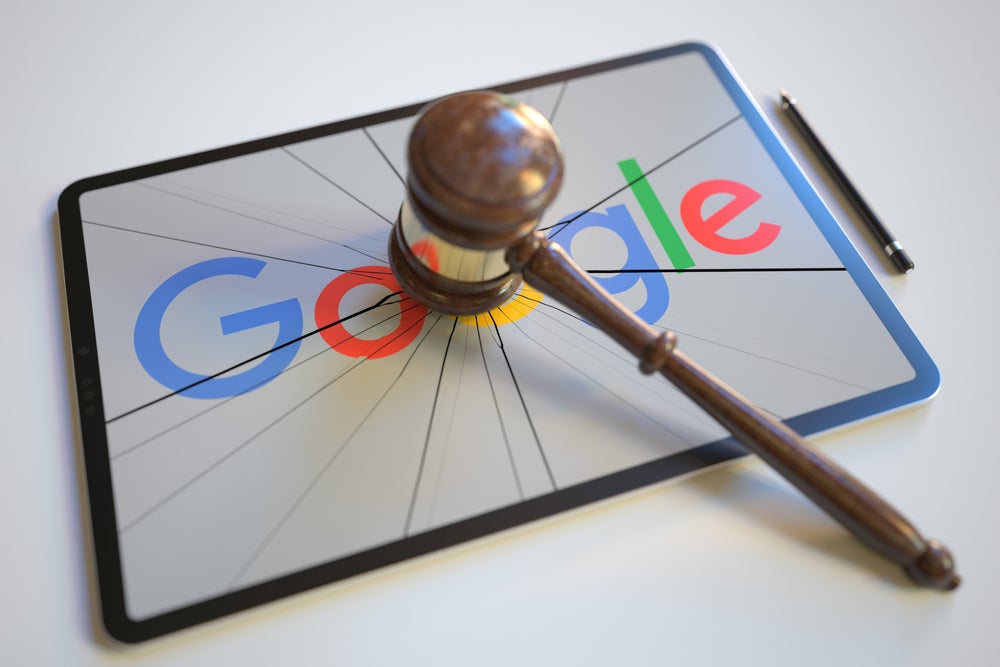
A Google executive has fought back against suggestions that the tech giant rushed to release its artificial intelligence (AI) chatbot, Bard, earlier this year in order to beat rival Microsoft.
Testifying in Google’s defence, Elizabeth Reid, vice president of search at Google, told the courts that it could not come to the conclusion the company had “rushed” Bard’s release to beat Microsoft, despite admitting it gave “a wrong answer” during its unveiling.
During the now notorious launch demo, Bard claimed it could be used to “explain new discoveries from NASA’s James Webb Space Telescope to a 9-year-old, or learn more about the best strikers in football right now, and then get drills to build your skills.”
When asked about the telescope in the demonstration, however, Bard stated that it “took the very first pictures of a planet outside of our own solar system.”
The tech giant came under fire when a number of astronomers pointed out that the first image of an exoplanet was taken in 2004.
“I don’t think you can make that conclusion,” Reid responded to claims the chatbot had been rushed.
Adding: “Microsoft’s announcement also had several errors in it. The technology is very nascent. It makes mistakes. That’s why we’ve been hesitant to put it forward.”
The landmark competition trial by the US Justice Department looks to show how Google maintains a monopoly in search by cutting off its rivals.
Lawyers have sought to show how Google intentionally held off on technological advances when it meant its dominant position would be threatened.
The announcement of Google’s Bard came on February 6 2023, just one day before Microsoft announced it was integrating technology from OpenAI’s ChatGPT into its Bing search engine.
Multiple Google executives have testified at the trial about the company’s work with intergrating generative AI into its products.
There has been a steady stream of acquisitions and venture funding in generative AI from tech giants like Microsoft, Amazon, Nvidia, Meta and Google. Microsoft has been the most active in this area.
GlobalData’s Generative AI: A Game Changer for Businesses webinar outlined that generative AI is expected to remain the fastest-growing AI technology and will pose a threat to “every business across every sector”.
In January, Microsoft invested $10bn into OpenAI, the creator of hit generative AI chatbot ChatGPT. The chatbot was released to the public in November 2022 and amassed over a million users within days.
In an interview with Verdict, chatbot summit founder Yoav Barel, spoke on Google and Microsoft’s chatbot rivalries.
Speaing on Google releasing Bard after OpenAI’s ChatGPT, Barel said: “You have more to lose by introducing innovation than you can gain, why change the status quo?”
“Microsoft has lost the mobile game many times and they lost search so many times. They have to, to be able for them to grow, they have to enter a new space,” he said.



